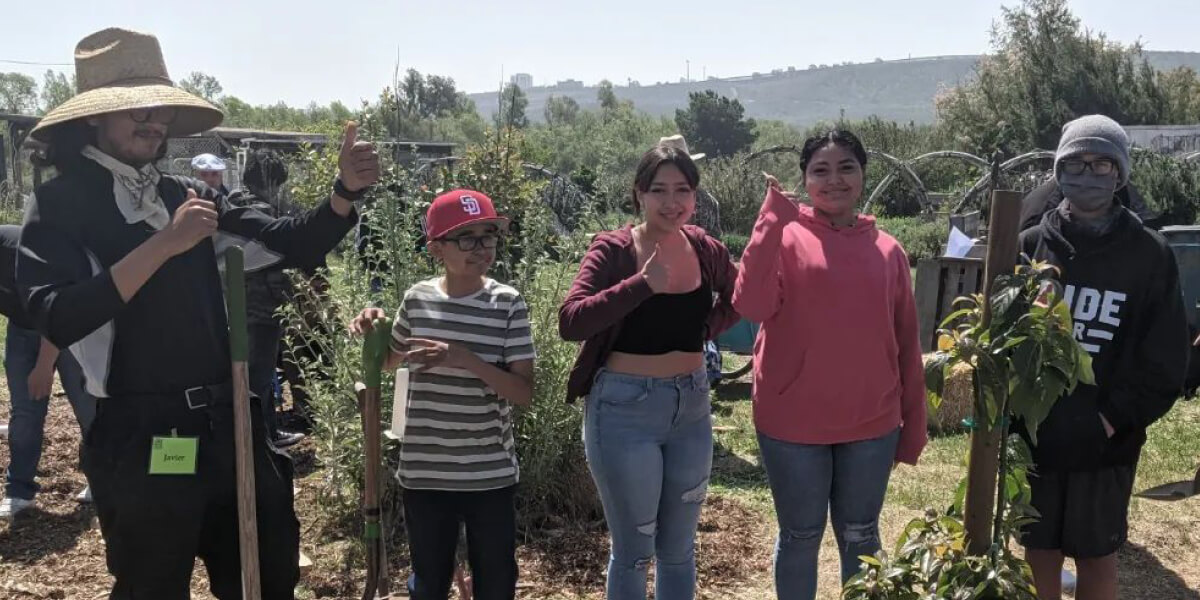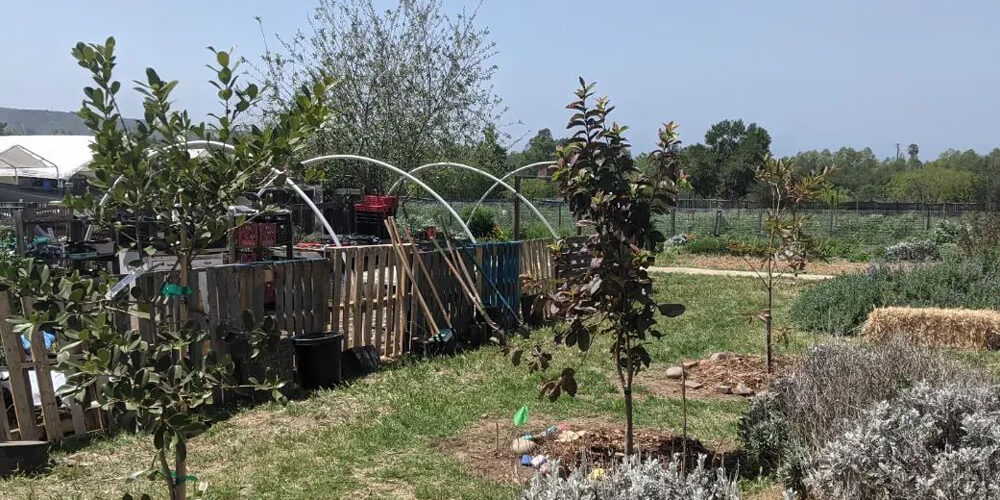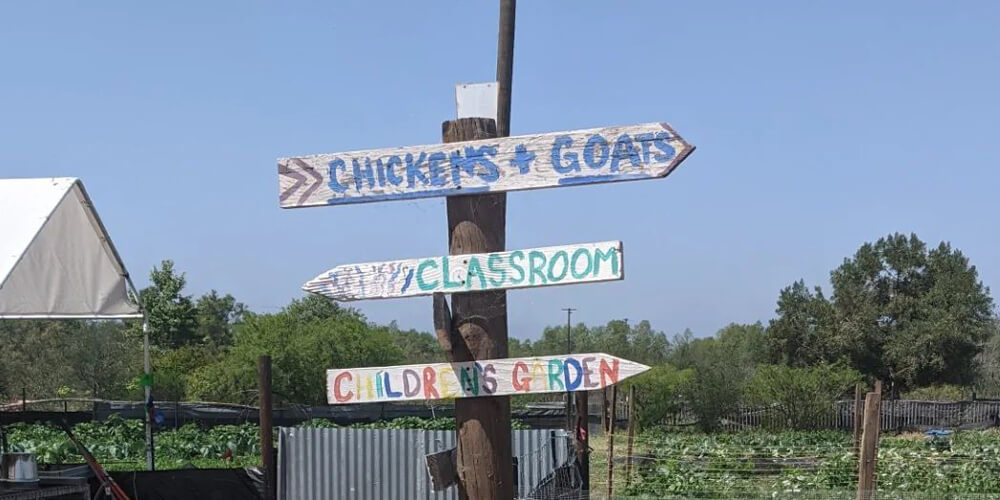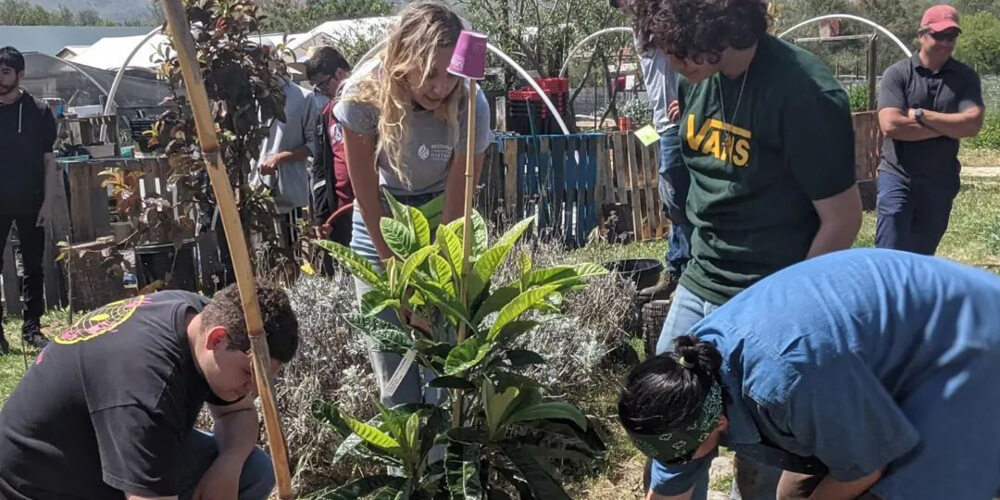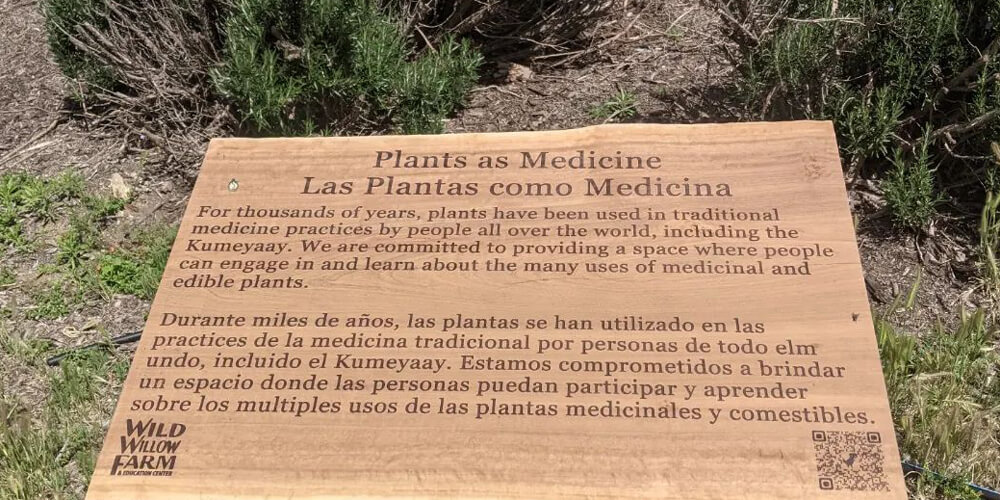Wood is often overlooked in conversations about climate change and carbon emissions.
Few people are aware that “end-of-life” wood – from fallen trees or rotted, dying wood is 50% carbon, the main ingredient of greenhouse gas in the forms of CO2 and CH4. Since greenhouse gasses drive global warming, live tree wood serves as a major carbon sink. If end-of-life wood is allowed to disintegrate rather than being re-purposed and upcycled, its carbon emissions would degrade our atmosphere.
Local nonprofit and Thrive Outside network organization, Lumbercycle, is an active part of the solution. The organization’s primary mission is to divert woody biomass from landfills by milling end-of-life trees into lumber and reinvesting it back into San Diego communities, with the vision to create zero waste utilization of trees. It also has a broader urban forestry mission to help plant more trees suited to our local climate, especially ones that produce wood useful for end-of-life purposes.
Tom Hamilton, Lumbercycle’s president, was pursuing teaching opportunities and places in need of wood products when he came across Wild Willow Farm, another local nonprofit focused on educating, cultivating and empowering sustainable food communities in San Diego.
The intersectionality of Lumbercycle and Wild Willow Farm’s missions led the organizations to partner up to revamp the farm, transform the educational experience on the property and improve access to the outdoors in the heart of Tijuana River Valley Regional Park.
Paths to Partnership
Laurie Broedling, a project manager with Lumbercycle, saw an opportunity through the San Diego Foundation Opening the Outdoors program that would seed a new partnership.
Funding was made available by SDF for local nonprofit programs that create safe, secure access to the outdoors and build better health and quality of life for San Diegans. Programs that addressed many of the equity barriers outlined in the 2020 Parks for Everyone report, as well as issues exacerbated by the COVID-19 pandemic such as mental health, well-being and food insecurity, were given priority to this funding.
SDF funding opportunities encourage project collaboration, and Laurie knew that Lumbercycle could collaborate with the Resource Conservation District (RCD), who manages Wild Willow Farm, to elevate the educational experience at the farm and encourage new visitors.
Wild Willow Farm didn’t have much in the way of signage around the property, nor trails and pathways for visitors to follow, making self-guided tours a challenge.
“We had a very strong set of partners that represented different strengths,” Laurie emphasized, citing Lumbercycle’s partnership with Mongol Tribe, a grassroots environmental organization focused on regenerative agriculture, and RCD’s partnership with Chula Vista High School’s “Social Justice and Food” course. These groups collaborated to bring their collective vision for a more accessible, educational experience at Wild Willow Farm to fruition.
“I had originally thought of this project as giving the farm a facelift, but it wasn’t really giving the farm a facelift – it was giving the farm a face,” Laurie reflected.
Signs of Growth
Chula Vista High School students were tasked with researching the different flora and fauna around the farm and developing language for signage, including scannable QR codes with links for visitors to learn more. Lumbercycle engaged their wood repurposing practices to develop physical signs that follow the brand-new trails installed with major assistance from Mongol Tribe to make navigating the farm easier for the general public.
Due to the COVID-19 pandemic, students had to work on the signage virtually. To celebrate the success of the project, Lumbercycle and Wild Willow Farm hosted an event in April where students planted fruit trees and saw the signs they developed.
After the tree planting and lunch featuring fresh produce from the farm, students sprinted down the paths to see the results of their work.
“It’s almost like Disneyland when they can get out into an open space with clean air – everything about it is wonderful,” Laurie emphasized. She recalled one student that was particularly enthusiastic saying to herself, “this is the most amazing thing ever!”
The Value of Access
A co-teacher assisting with the event told Laurie, “I don’t think any of these kids have ever been on a farm before.” Later, Maria Galleher, the Social Justice and Food course instructor, emphatically told Laurie, “You need to know that you have changed lives today.”
The success of the collaboration between Chula Vista High School, Lumbercycle, Mongol Tribe and RCD at Wild Willow Farm underscores the transformative power of the outdoors, the importance of ensuring equitable access to green spaces, and the need for education to better understand how to protect our region from the impacts of climate change.
Those interested in repurposed wood products – planter boxes, furniture, woodworking material, and more – need look no further than Lumbercycle, which has a shop in National City featuring items made from rescued wood. Tours of the new grounds at Wild Willow Farm are also available. Both organizations also offer volunteer opportunities and educational programs.
When communities collaborate and invest in positive climate solutions, San Diego becomes a better place to live, work and play outside.
About Thrive Outside
Building upon the success of San Diego Foundation’s Opening the Outdoors program, in 2019 San Diego was selected as one of the Outdoor Foundation’s four inaugural Thrive Outside communities.
The vision for Thrive Outside is to build regional capacity through collective impact by bringing together multi-sector stakeholders for greater coordination across education, advocacy and programming. Thrive Outside network organizations like Lumbercycle are working to address environmental inequities across the region. Learn more about Thrive Outside.
